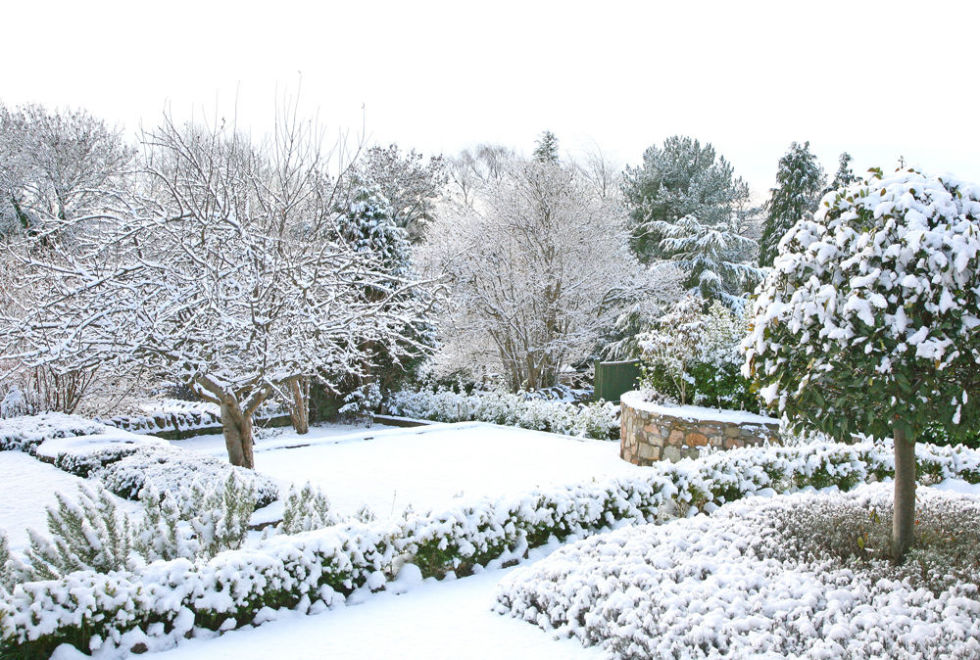As the days grow shorter and the cooler weather approaches, many homeowners find themselves wondering, “How late is too late to plant?” It’s a valid question, one that can significantly impact the success of your garden or landscaping endeavors. The timing of planting can make all the difference in how well your plants thrive and how quickly they can establish themselves before winter arrives.
Understanding Your Hardiness Zone
Before we delve into the question of when it’s too late to plant, it’s essential to understand your hardiness zone. The hardiness zone is a geographic area defined by a range of temperatures that determine which plants can survive in that region. It’s a crucial factor in deciding when and what to plant in your garden.
Different plants have different temperature requirements, and knowing your hardiness zone can help you select the right plants for your area. Cooler weather and frost dates can vary significantly from one hardiness zone to another, so take the time to research your specific zone to make informed planting decisions.
Syracuse, IN, and the surrounding areas fall into Zone 5, which means the growing season falls between late spring and early fall. While the winters can be quite bitter, you have plenty of time to plant until the ground freezes.
Fall Planting: It’s Not Too Late
While many people assume the only times you can plant trees and perennials are during the spring and summer, you can actually fill your landscaping beds in the fall as well. In fact, fall is actually the best time to plant in Zone 5, not the spring.
Fall planting offers several advantages that can lead to successful growth:
- Cooler Weather: Cooler temperatures are easier on plants, as they reduce stress and water requirements. Plants can focus on root development without the added pressure of the scorching summer heat.
- Time to Grow: Fall planting provides ample time for plants to establish their root systems before the temperature starts rising in the spring. This means they’ll be better prepared to withstand the heat and drought conditions that often accompany early summer.
- Frost Dates: In Indiana, the first frost of the season doesn’t arrive until late fall. This gives your plants plenty of time to grow and become more cold-hardy before the real chill sets in.
- Seasonal Planting: Many plants are well-suited for fall planting, including trees, shrubs, and certain perennial flowers. They can take advantage of the milder weather to put down roots and prepare for a strong start when spring arrives.
If you’re concerned about late-season frost, you can use cold frames or row covers to protect your plants. These simple structures can extend your growing season and allow you to plant even later in the fall.
How Late Can You Plant in the Fall?
The answer to this question depends on your hardiness zone and local climate conditions. In Zone 5, you can continue planting well into late autumn. In fact, as long as the ground isn’t frozen, you can plant to your heart’s content. However, keep in mind that you will want to give your plants ample time to develop strong root systems and withstand the winter cold. Aim to finish up your planting at least six weeks before the first expected frost date.
Encourage Strong Growth With the Help of Our Experts
No matter the season, it’s never too late to invest in the beauty and health of your landscape. And when it comes to ensuring your plants have the best chance to thrive, enlisting the help of professionals can make a world of difference. That’s where Dynamic Landscaping comes in.
We offer a wide range of lawn care services, including seasonal planting and maintenance. Our experienced team understands the unique needs of your garden and can provide expert guidance on when and what to plant. With our help, you can transform your outdoor space into a thriving oasis, no matter the time of year. Contact us today to schedule a service and experience the benefits of a well-planned and cared-for garden.

